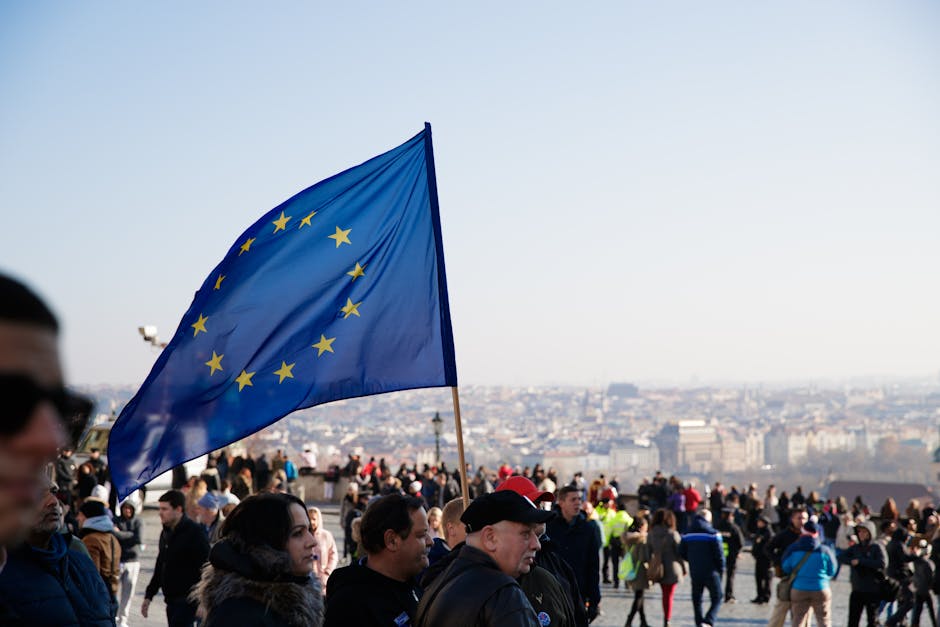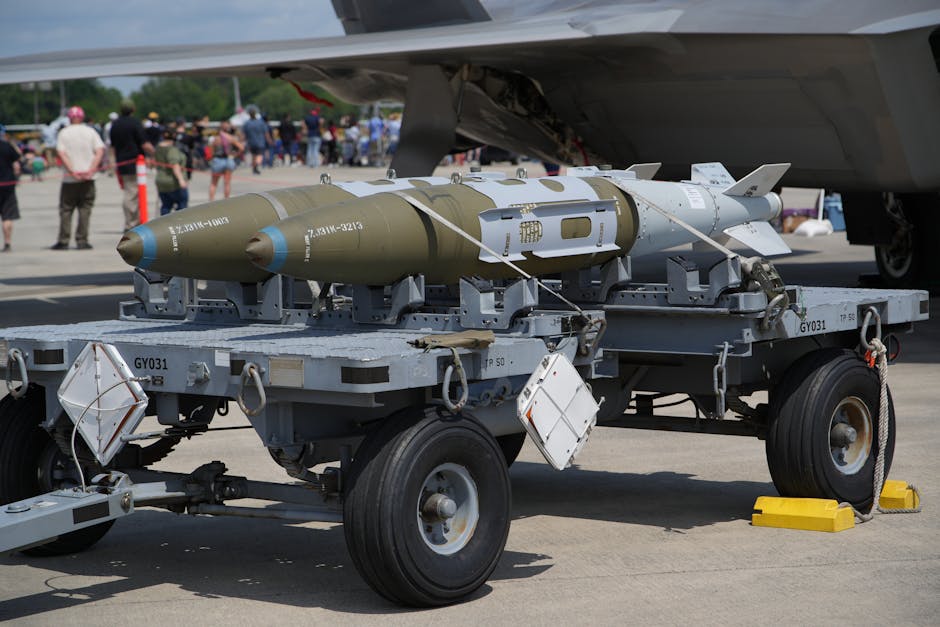In a strategic move to bolster its global diplomatic outreach, India is set to deploy parliamentary delegations to the United Nations General Assembly (UNGA) in a “non-official” capacity. This initiative, spearheaded by the Ministry of External Affairs (MEA) in collaboration with the Parliament of India, marks a significant shift in how the nation engages with international forums. By leveraging the expertise and influence of Members of Parliament (MPs), India aims to strengthen its soft power, foster multilateral relationships, and address global challenges with a more nuanced approach.
A New Era of Parliamentary Diplomacy
Parliamentary diplomacy, often described as the “second track” of international relations, involves legislators engaging with their counterparts across borders to promote dialogue, collaboration, and mutual understanding. While traditional diplomacy is the domain of career diplomats and government officials, parliamentary diplomacy offers a unique platform for elected representatives to voice national interests, share best practices, and build cross-border alliances.
India’s decision to send MP delegations to the UNGA underscores its commitment to diversifying its diplomatic toolkit. This move is particularly significant at a time when global governance is increasingly complex, and traditional diplomatic channels are often strained by geopolitical tensions. By involving MPs, India can tap into their grassroots connect, legislative expertise, and ability to engage with diverse stakeholders, thereby enriching its diplomatic narrative.
The Role of MPs in UNGA
The UNGA, often referred to as the “parliament of the world,” is a forum where nations discuss pressing global issues such as climate change, sustainable development, peacekeeping, and human rights. India’s MP delegations will participate in side events, panel discussions, and informal dialogues, offering a fresh perspective on these critical topics.
While the delegations will operate in a “non-official” capacity, their presence will complement India’s official stance at the UNGA. MPs are expected to highlight India’s achievements in areas like renewable energy, digital transformation, and pandemic response, while also advocating for reforms in global institutions to better reflect contemporary realities. Their informal interactions with foreign counterparts could pave the way for deeper bilateral and multilateral engagements.
Strengthening India’s Global Standing
This initiative is aligned with India’s broader strategy to enhance its global influence and assert its role as a “Vishwa Mitra” (friend of the world). By involving MPs, the government aims to project India as a vibrant democracy that values inclusivity and dialogue. The move also reflects India’s confidence in its parliamentary institutions and their ability to contribute to global discourse.
Moreover, this approach could help India counter misinformation and misrepresentation on international platforms. MPs, with their direct connection to the electorate, can effectively communicate India’s developmental journey, its commitment to multilateralism, and its vision for a more equitable world order.
Challenges and Opportunities
While the initiative holds immense potential, it is not without challenges. MPs will need to be adequately briefed on complex international issues to ensure their interventions are impactful. Additionally, maintaining a balance between their “non-official” status and India’s official foreign policy positions will require careful coordination.
However, the opportunities far outweigh the challenges. By engaging MPs in global forums, India can showcase its democratic ethos, foster people-to-people connections, and build a more robust international network. This initiative could also inspire other nations to adopt similar approaches, thereby enriching global parliamentary diplomacy.
A Step Towards Inclusive Diplomacy
India’s decision to send MP delegations to the UNGA is a testament to its evolving diplomatic strategy. It underscores the belief that diplomacy is not the sole prerogative of bureaucrats but a collective endeavor that involves all stakeholders, including elected representatives.
As the world grapples with unprecedented challenges, India’s foray into parliamentary diplomacy could set a new benchmark for inclusive and effective global engagement. By empowering MPs to contribute to international discourse, India is not just strengthening its diplomatic arsenal but also reaffirming its commitment to a more collaborative and interconnected world.
In the words of External Affairs Minister S. Jaishankar, “Diplomacy is not just about governments talking to governments; it’s about people talking to people.” And with this initiative, India is taking a bold step towards making that vision a reality.




